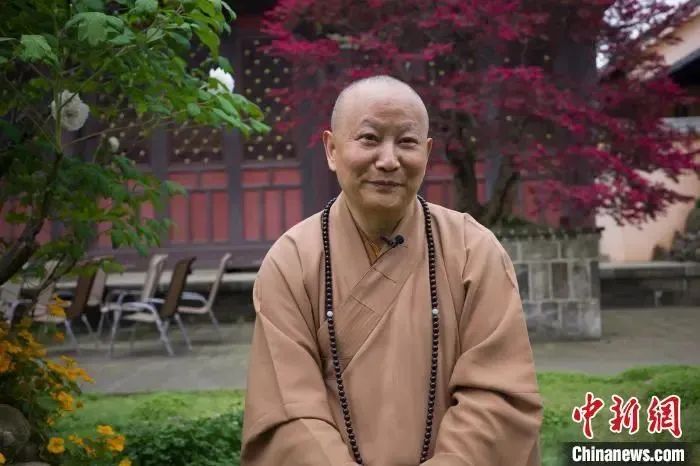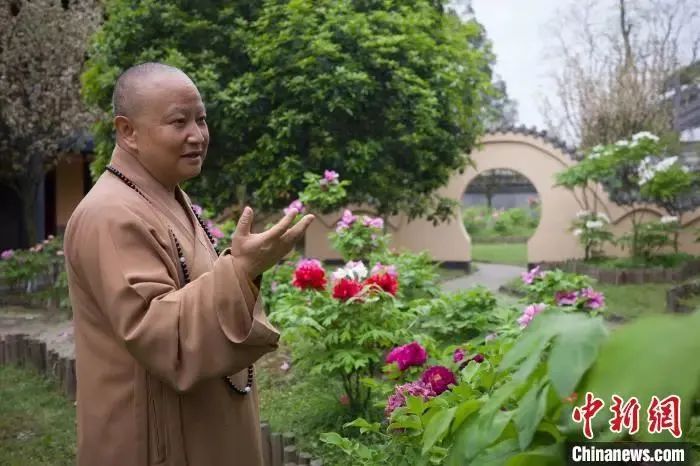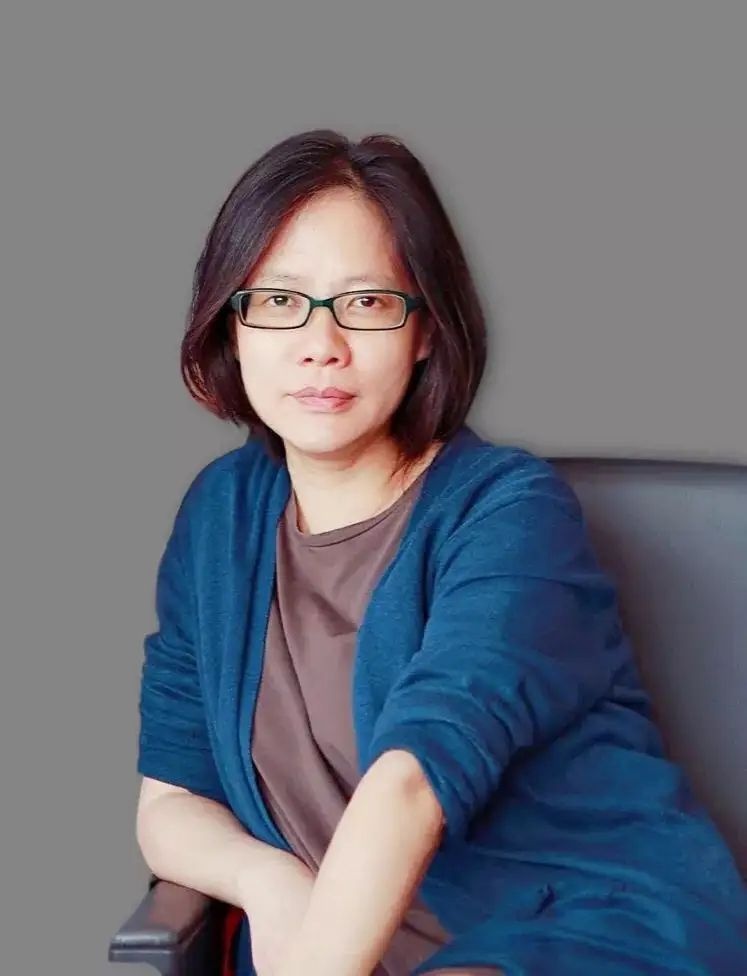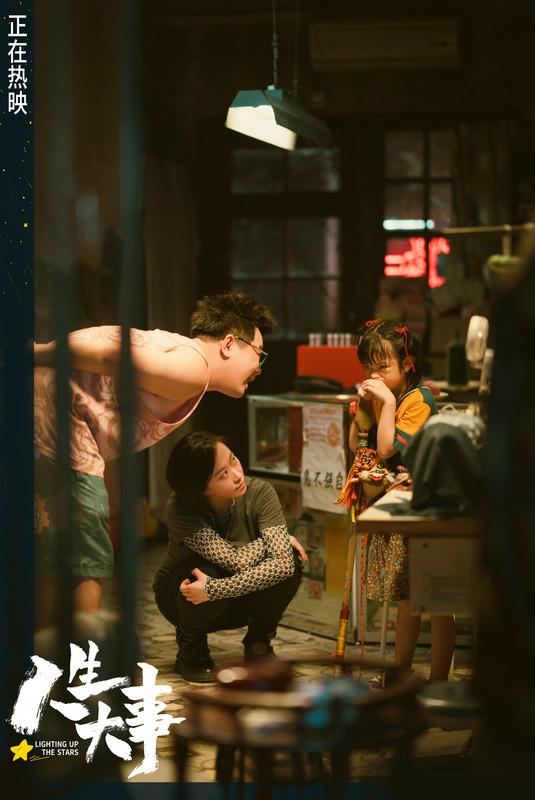[Hundreds of united fronts say the United Fronts] Shi Suquan, Vice President of the Sichuan Buddhist Association: Love is in everyone's heart
Author:Tongxin Sichuan Time:2022.07.01
"For so many years, I have always mentioned what I did during the Wenchuan earthquake. The Vice President of the Provincial Buddhist Association and the Longxing Temple Fang Shi Su Quan said in an interview with Chinanews.com that the earthquake relief experience of earthquake resistance 14 years ago was insignificant.
After half a hundred years old, after graduating from college, chances are coincidental with the Buddha. In 1992, he became a monk at Shi Jing Temple in Chengdu. He studied in the Temple Temple of Wutai Mountain in 1995 and returned to Sichuan in Sichuan Province in Sichuan Province in 1999. In July 2007, Shi Suquan settled in Shipang Luohan Temple in Deyang.

In less than a year in Luohan Temple, a large earthquake in Wenchuan, which was shocked, was extremely serious. At that time, Shifang Maternal and Child Health Hospital was severely damaged, and pregnant women and mothers in the hospital needed to transfer. During the crisis, Shi Suquan, who was abbot of Luohan Temple, resolutely opened the temple door and accepted the mother to produce in the temple. Nearly three months after the earthquake, a total of 108 babies were born in Luohan Temple, and they were affectionately called "Luo Hanwa".
"The monk is the biggest taboo when seeing death." In that year, Shi Suquan's simple words moved the world. "Luo Hanya" is not only a typical story of the Chinese watching help, but also becoming a vivid footnote of "the monk's compassion". In 2021, the film "108" adapted from the "Luo Hangwa" story allows more people to understand this moving story. Until recently, Shi Su Quan watched the movie by accident.
"After watching the movie, I am still very emotional, tears." Shi Suquan said that in the face of the disaster, the spirit of solidarity, cohesion, and forgetfulness of the Chinese nation is a spiritual baptism for everyone.

When the reporter asked more details of the past, Shi Su was unwilling to mention more. He solemnly said: "It's not a great thing, or to do his hands and do something simple. That thing is not done by me alone. There are monks who are dedicating themselves to help the affected people. "
Shi Su Quan used the phrase "all beings to have the nature of the Buddha" to explain the goodwill of all beings in the disaster. "In fact, everyone has the spirit of love. Without the disaster, this kind of love is in the heart. This is China. This is China. This is China. The nation's great place. "
As a member of the Sichuan Provincial Political Consultative Conference and executive director of the Chinese Buddhist Association, Shi Suquan has his own deep understanding of the united front work. In the interview, he frequently mentioned five identities: the identity of the motherland, the identity of the nation, the identity of the Chinese culture, the identity of the Communist Party of China, and the recognition of the socialist system in the new era. He believes that the reason why the Chinese can unite in the face of disaster and dedicate themselves are from these identities.

In 2011, Shi Suquan entered the Longxing Temple of Pengzhou and promoted to the abbot of Longxing Temple in 2014. Shi Suquan told reporters that on December 9, 1949, senior KMT generals Liu Wenhui, Deng Xihou, and Pan Wenhua issued power in Longxing Temple, formal uprising, laying the foundation for the peaceful liberation of Chengdu on December 27. The famous Patriotic Monk Master Nenghai played a key role in it, and it was the greatest red monument in the Chinese Buddhist community.
"Master Nenghai saw the spirit of the Communist Party's courage to dedicate, be brave, and brave. He resolutely chose the Communist Party between the Kuomintang and the Communist Party. With his matchmaking, Liu, Deng, and Pan were promoted upstairs from the Tibetan Scriptures of Longxing Temple. Chengdu Uprising. "After Shi Suquan said that after the Chengdu Uprising, Master Nenghai sent his disciples to take off his crickets, put on military uniforms, entered Tibet with the 18th Army, and participated in Tibet peace. Big Love.
Shi Suquan said that adhering to the direction of Buddhism is to give full play to the positive role of Buddhism and better adapt to the socialist society. He said that now Buddhist temples must be managed in accordance with the law. In the society of rule of law, the management of temples cannot surpass national law. Shi Su Quan believes that the traditional temple's self -support depends mainly on merit donation, and now it is necessary to develop a new way in conjunction with the times. "We can carry out some manual industries related to Buddhism. This is a trend. We still have a long way to go." "The most important thing is how we summarize a set of adaptation to today's era, and we can point directly to people's hearts. The theoretical system. "Shi Suquan said that today's Chinese Buddhist community needs to summarize a theoretical system that conforms to the socialist system in the vast Buddhist theory. Unlike before, what should we do? "
Because of the "Luo Hangwa", many reputation, which is well -known, looks very light to the outside world. He said that if you care about the comments of others, there will be nothing. He especially likes Li Bai's poem: Apes on both sides of the strait can't cry, and the light boat has exceeded the mountains.
"The sound of the apes on both sides of the strait will not end, let go of the name and profit, you have long been outside the mountains." Shi Suquan said that "Su Quan" itself is just a fame, a symbol. Only when people forget the past can they have a good tomorrow. Essence
(Source: Zhongxin.com)
- END -
Film Critics Mao Shou first talks about "Menghua Record": In addition

Over the years, the costume men, two dragon beards for the entire hairstyle, ancie...
Zhu Yilong starred in "Life Event" and released the "full stamina" clip.

Bai Xuejian Ren and Xiaowen were produced by Han Yan, and Liu Jiangjiang was writt...